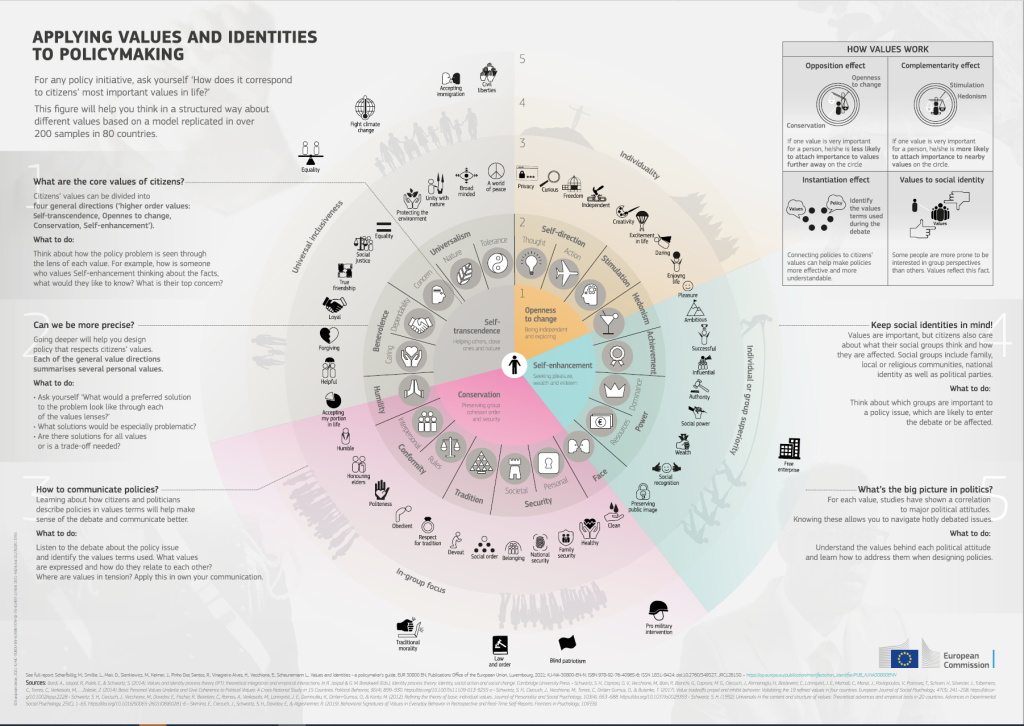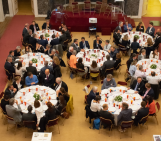
1. The JRC’s Science for Policy Handbook
The Joint Research Centre of the European Commission’s Science for Policy Handbook is my “go-to” book when I’m trying to better understand how to effectively and ethically provide evidence and information to policymakers. With many different authors who have a range of expertise in the field, it provides excellent advice to scientists and scientific organisations interested in bringing their research to the attention of policymakers. Each chapter has a distinct focus so you can choose to read individual chapters or the whole book. The topics covered include everything from how scientists can bridge the science-policy gap to effective communication and methods of evaluating your policy impact. The Handbook is a free resource and available online but you can also buy a hard copy to take with you wherever you go.
2. The Honest Broker: Making Sense of Science in Policy and Politics
The concept of the “honest broker” is one that is now almost synonymous with science advice. In his book, Roger Pielke introduces the concept of the honest broker as a model for scientists engaging in policy discussions and outlines how they can navigate their policy engagement while maintaining their scientific integrity. But more than this, the book gives excellent examples of why science shouldn’t be the only consideration during the decision-making process and the other roles that scientists can play during the policymaking process. Despite the densely packed information and narratives, the book is very accessible and fits nicely into a holiday backpack!
3. Five Times Faster: Rethinking the Science, Economics, and Diplomacy of Climate Change
4. Lobbying for Change: Find Your Voice to Create a Better Society
book, Lobbying for Change: Find Your Voice to Create a Better Society outlines important political processes and how individuals and citizens (including scientists) can more effectively engage with them. While this book does not specifically focus on science for policy or how researchers can better integrate their science into policymaking, it does demystify common political processes and empowers readers to engage with them. Not only does this book include important theoretical aspects, but it outlines specific examples with practical steps and instructions on how to more effectively engage.
5. Values and Identities – a policymaker’s guide
This guide, created by the Joint Research Centre of the European Commission, was created with input from scientific experts, policy practitioners, and representatives from international and civil society organisations. An extremely well researched and constructed guide, it outlines why values and identities are important to policymaking and outlines how they can be more carefully considered during the decision-making process. Although it doe not target a scientific audience, understanding how values and identities influence policymaking and the way in which information is heard and interpreted can support scientists in framing and effectively communicating their research. One of my favourite things within the guide is the below infographic. By outlining the linkages between core values, value directions, value terms, social identities, and political attitudes, it encourages the read to consider how policy problems are seen through the lens of each value and how they can be most effectively addressed.
An incomplete list…
Please keep in mind that this is just a shortlist of ‘science for policy’ literature! I hope it’s given you something to add to your holiday reading lists but I would also love to hear about your recommendations and the resources that have helped or inspired you to engage more in policymaking. Comment your favourites for people to see below!




